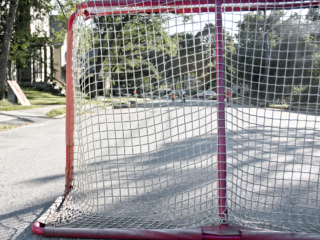Lawyers present legal options to their clients, make recommendations, and receive instructions on how to proceed. The foundational principle is that the client remains in control of their proceeding. However, when a client is incapable of providing instructions, and therefore incapable of controlling their proceeding, another party must become involved, and that party is the Litigation Guardian.
The Law
A person unable to instruct counsel is a party under a disability, generally characterized as someone who:
- is a minor – someone under the age of 18, for example a child injured in an accident. A minor is legally incapable of providing direction to their lawyer.
- is mentally incapable in respect to an issue in the proceeding – for example, a person who has suffered a brain injury and is unable to assess the consequences of their decisions.
- is an absentee – a person who, having lived in Ontario, has disappeared and it is not known whether they are alive or dead.
The Litigation Guardian
The law provides a mechanism by which a case can continue despite a client’s disability. The law allows for the appointment of a Litigation Guardian. A Litigation Guardian may be:
- an existing guardian, who will then act as Litigation Guardian; or,
- an attorney under a power of attorney.
If there is no existing guardian, and no attorney under a power of attorney, any person themselves not under a disability may act as a Litigation Guardian. However, they must first swear an affidavit in which they
- consent to act as Litigation Guardian in the proceeding;
- confirm they have given written authority to a named lawyer to act in the proceeding;
- provide evidence concerning the nature and extent of the disability;
- set out their relationship, if any, to the person under disability;
- state that they have no interest in the proceeding adverse to that of the person under disability; and
- acknowledge that they have been informed of their liability to pay personally any costs awarded against them or against the person under disability.
Lastly, should no guardian, attorney, or person willing to swear the affidavit exist, the Children’s Lawyer or the Public Guardian and Trustee may be appointed to act as the Litigation Guardian.
The Responsibilities
Becoming a Litigation Guardian brings with it responsibilities over the disabled person’s case, as well as potential consequences.
Chiefly among the responsibilities, anything that a party in a proceeding is required or authorized to do may be done by the Litigation Guardian. The Litigation Guardian, meanwhile, must diligently attend to the interests of the person under disability, and take all steps necessary for the protection of those interests. In the event a Litigation Guardian, other than the Children’s Lawyer or the Public Guardian, is appointed, they must be represented by a lawyer.
Should the Litigation Guardian appear to not be acting in the best interest of the party under a disability, they can be removed or substituted by the Children’s Lawyer, the Public Guardian, or another person.
In terms of the potential consequences, a Litigation Guardian may be required to pay any costs awarded against the party under disability. Should costs be awarded by the party under a disability, the costs could be ordered satisfied by the Litigation Guardian. The Litigation Guardian may then recover those costs from the person under disability for whom they have acted, unless the court orders otherwise.













5 Comments